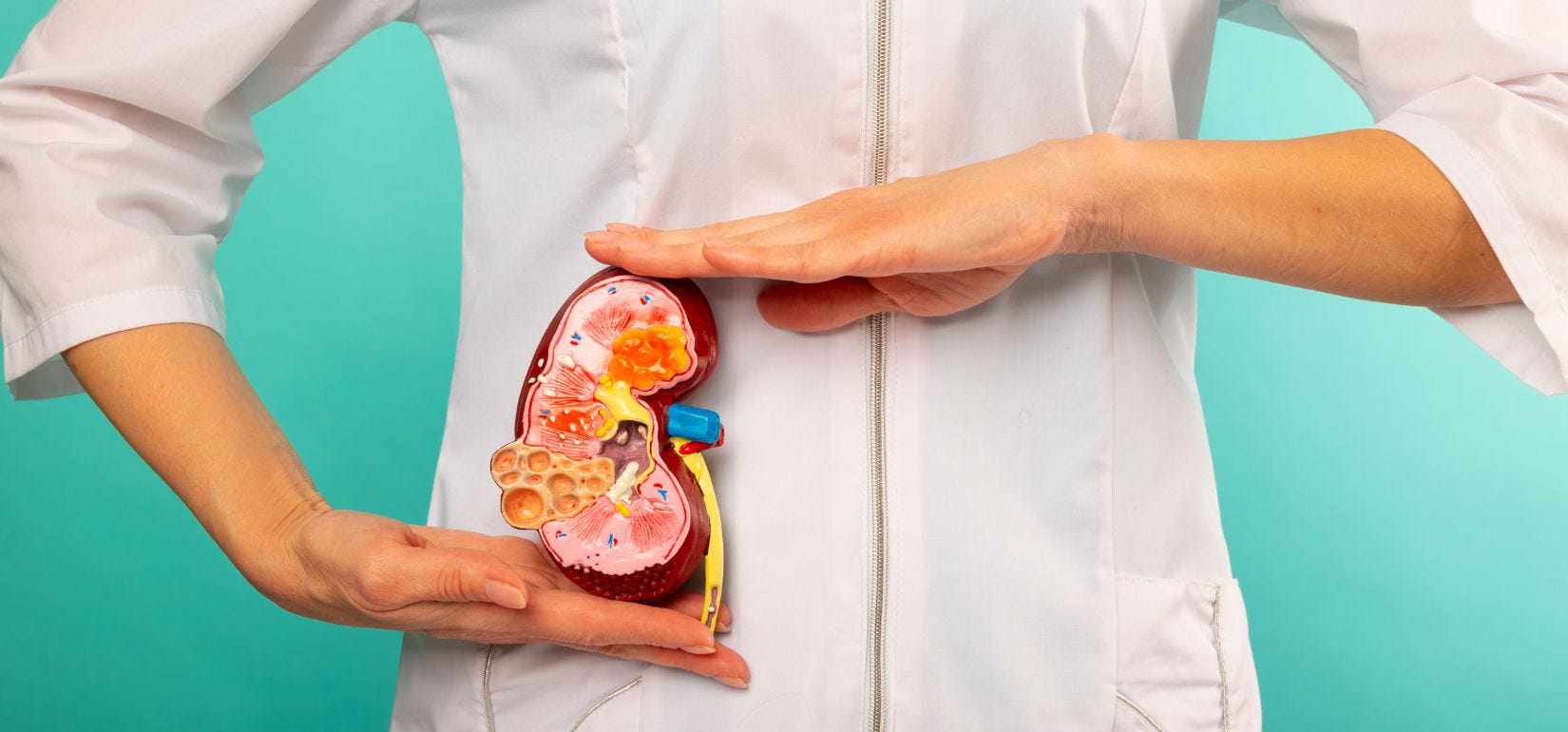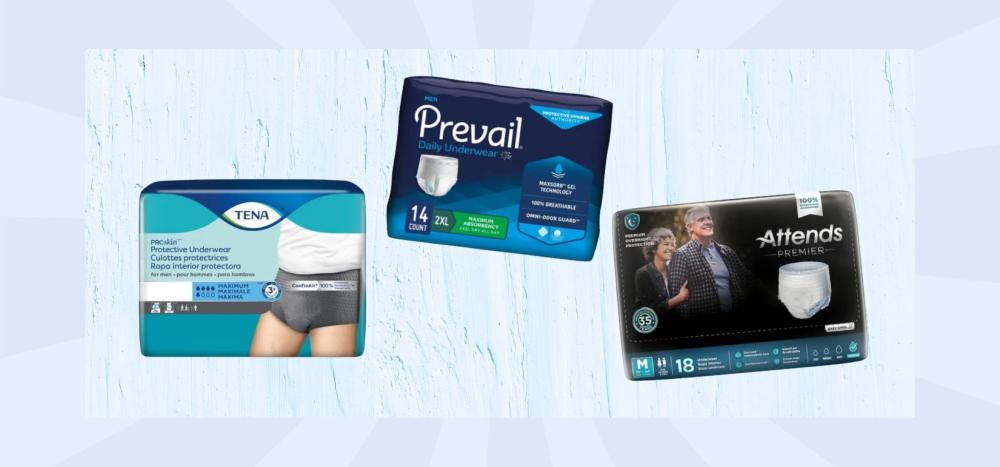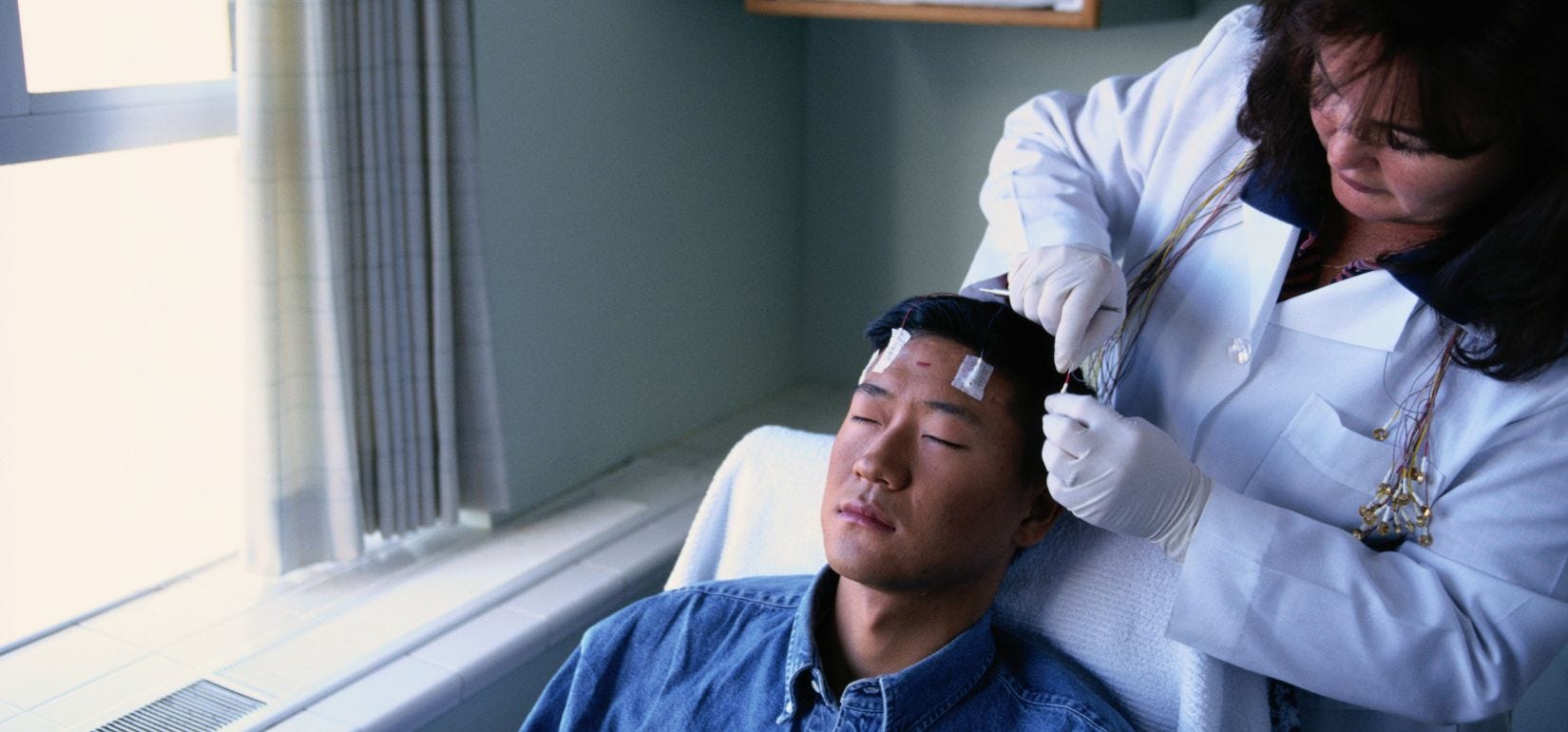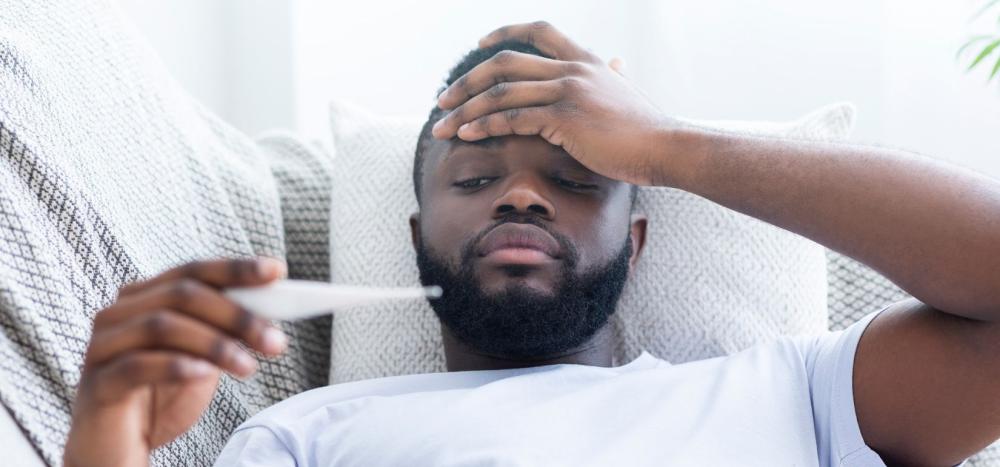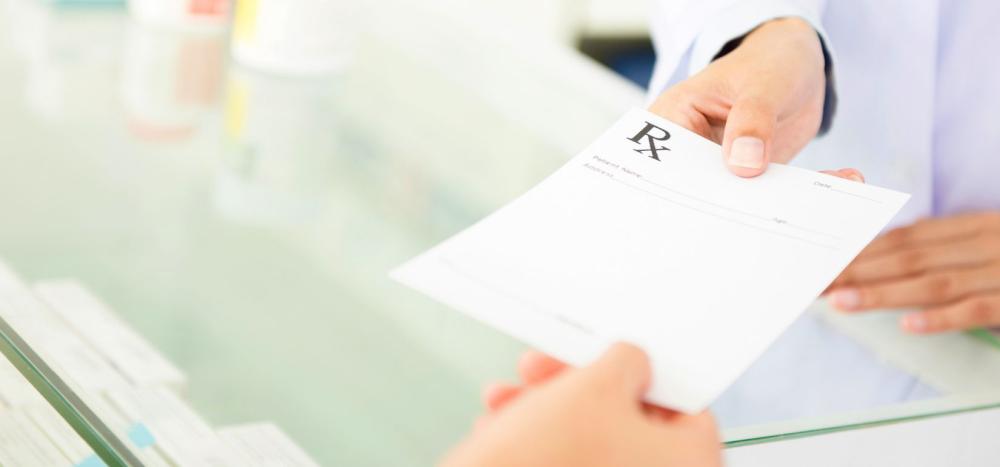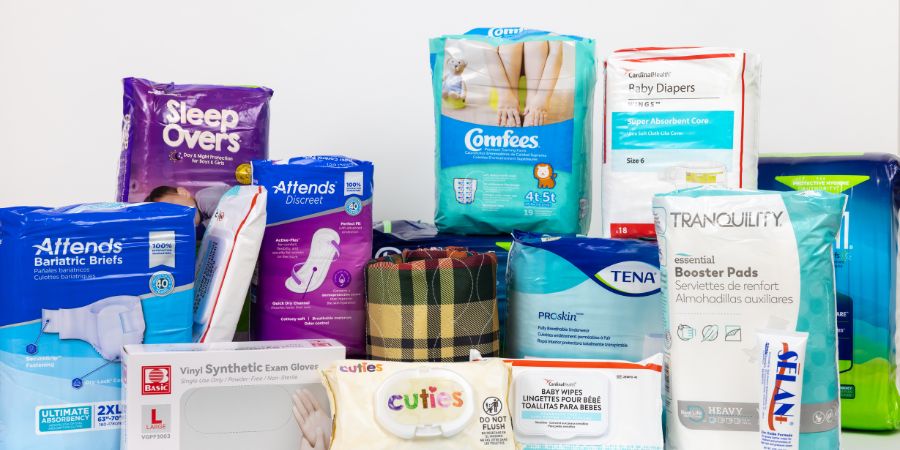Kidney stones affect millions of people every year, and they can cause a lot of discomfort. While the primary symptoms of kidney stones are well-known, such as excruciating flank pain and urinary discomfort, you may not be aware of their potential connection to a lesser-known consequence—incontinence.
In this article, we’ll explore the connection between kidney stones and incontinence symptoms and tell you how to treat your condition.
What Are Kidney Stones?
Kidney stones form in the kidneys, which are the part of the urinary system that cleans your blood and creates urine. Kidney stones are made from minerals, such as calcium, and salt deposits that harden in your kidneys. While some kidney stones stay in the kidney, others move to the bladder through the urinary tract, exiting out the urethra. This process can sometimes cause severe pain and blockage.
Check Your Eligibility
2 Easy Steps
From catheters to pediatric and adult incontinence supplies, discover the continence care essentials covered by your insurance.
Can Kidney Stones Cause Incontinence?
Kidney stones can lead to side effects like urinary blockages, difficulty passing urine, feeling an intense urge to urinate, and frequent urination. This is because kidney stones can sometimes exit your body through your urethra. These bladder control symptoms are associated with unintentional losses of urine which can be attributed to the following types of urinary incontinence:
-
Stress incontinence: Leaking urine when coughing, sneezing, exercising, or lifting heavy objects.
-
Urge incontinence/ Overactive bladder (OAB): Feeling the sudden and intense urge to urinate, leading to urine leakage.
-
Overflow incontinence: Dribbling urine due to urinary retention (inability to empty the bladder completely).
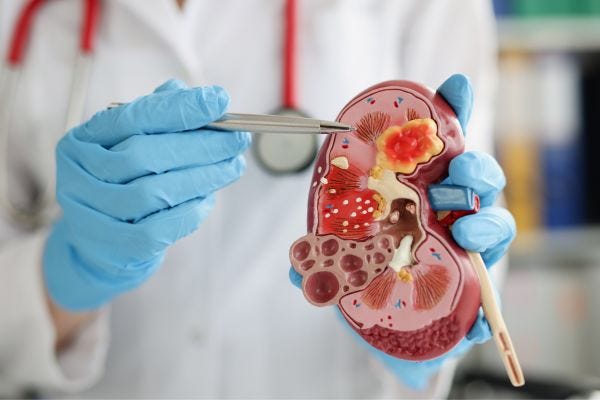

Men with health problems, like enlarged prostate, prostate cancer, or benign prostatic hyperplasia (BPH), and people with neurological disorders, such as spinal cord injury (SCI) or multiple sclerosis (MS), are at increased risk for experiencing urinary symptoms.
Common Symptoms of Kidney Stones
- Pain in the lower abdomen or lower back.
- Pain when voiding the bladder.
- Urinary retention or voiding a small amount of urine (inability to void the bladder).
- Cloudy urine.
- Frequent urination.
- Nausea and vomiting.
- Feeling sudden urges to urinate.
- Red, pink, or brown, or cloudy urine.
Causes of Kidney Stones
- Family history of kidney stones.
- Being overweight.
- Over or under-exercising.
- Dehydration
- Diet (eating foods with excess salt or sugar).


What Is the Treatment for Incontinence?
Medical conditions like bladder leaks can diminish your quality of life. However, there are treatment options for urinary leakage, and in most cases, urinary incontinence is reversible with the following treatments.
- Dietary Changes. Certain foods can contribute to kidney stones. High-oxalate foods, like beets, spinach, almonds, cereals, and sweet potatoes should be avoided. Salt, high amounts of vitamin C, and animal proteins should also be avoided. Other foods can cause urinary incontinence symptoms like urge incontinence to worsen; avoid spicy foods, synthetic dyes, alcohol, caffeine, carbonated drinks, and tomato-based products.
- Incontinence Products. Adult incontinence products, such as adult briefs, bladder control pads, and protective underwear control leakage throughout the day or night. The best part about these products is that if you’ve been diagnosed with urinary incontinence, you may be able to get them for free through insurance!
-
Pelvic Floor Muscle Exercises. Leaking urine can be reversed by incorporating pelvic floor muscle exercises into your routine. These exercises will strengthen your pelvic floor muscles which help with bladder control.
-
Bladder Training. Bladder training may help to control urge incontinence or OAB symptoms by retraining your bladder to be able to hold more urine for longer periods.
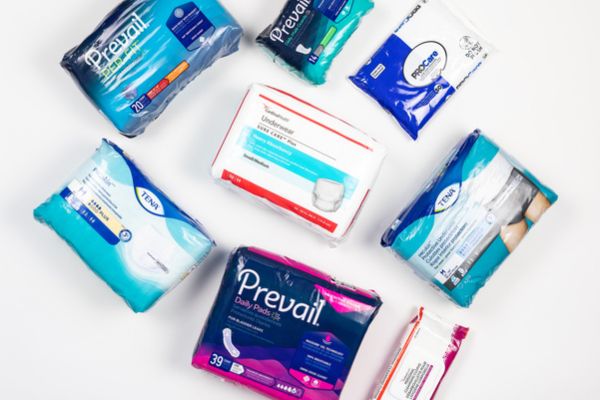

You can speak with your healthcare provider or urologist about bladder training, but typically, you’ll begin by holding your urine for a few minutes after you feel the initial urge to void and gradually increase this period over time.
- Medications. Medications can lessen symptoms of urge incontinence. Speak with your healthcare provider or urologist about which medications will help your specific symptoms and won’t interfere with your kidney stones.
Disclaimer
Information provided on the Aeroflow Urology blog is not intended as a substitute to medical advice or care from a healthcare professional. Aeroflow recommends consulting your healthcare provider if you are experiencing medical issues relating to incontinence.


